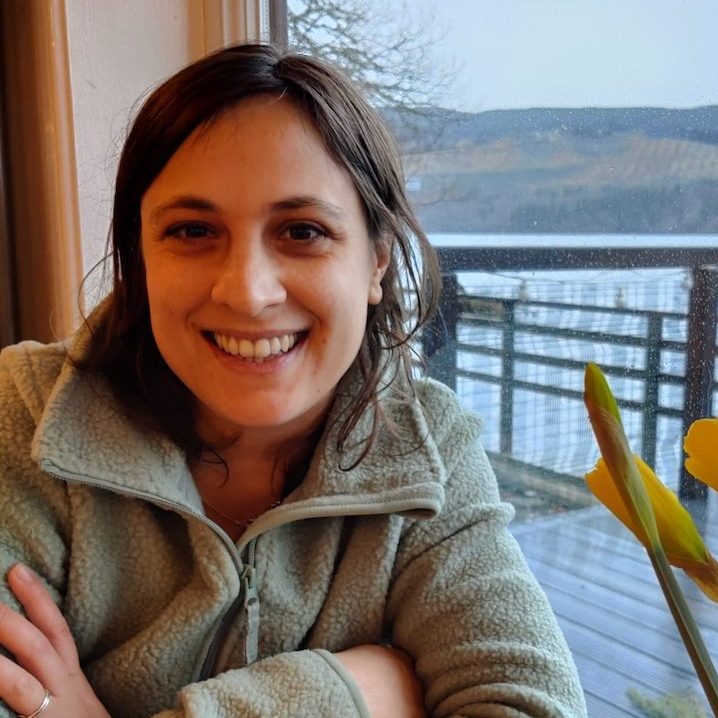Dr Agnese Barbensi
WORKSHOP: Introduction to Topological Data Analysis
The aim of this workshop is to introduce topological data analysis (TDA) and its main algorithm, persistent homology (PH). PH is a computational tool used to extract a topology-based fingerprint from complex data, that relies on the computation of topological features such as connected components, loops and voids. PH has been used with increasing frequency and success to quantify the structure of complex data. Among other applications, PH has enabled novel insights in cancer studies, pathology, evolution, ecology and material science.
In the first half of the workshop, we will give a brief description of the mathematical concepts of simplicial complexes and homology. We will then introduce PH and its properties. The second half is going to be dedicated to explore PH computations and what we can learn from them, and to discuss applications (with a specific focus on biologically relevant contexts).
Keywords: Topological data analysis, Data analysis, Persistent homology, Spatial data, Structured data, Topological features.
Relevance: This workshop is intended for students and early career researchers interested in analysing complex biological data and systems (e.g. single cell data, chromatin 3D structure, cell modelling etc.)
Requirements: Basic knowledge of linear algebra, Julia and Python would be helpful, but not necessary. A laptop is required to follow the computations.
PH computations will be performed using the Julia package Eirene https://gregoryhenselman.org/eirene/. It is recommended to install Julia and Eirene before the event.
- To install Julia follow the Platform Specific Instructions from: https://julialang.org/downloads/platform/
- To install Eirene: https://github.com/Eetion/Eirene.jl
PH analysis and visualisation will be performed on a Jupyter notebook in Python.
- Packages needed: NumPy, Pandas, Plotly.
Closer to the workshop date, additional data will be shared at https://sites.google.com/view/agnesebarbensi/workshop-introduction-to-tda

Dr Agnese Barbensi
Postdoctoral Researcher, Theoretical Systems Biology Group at the University of Melbourne
I joined the Theoretical Systems Biology Group at the University of Melbourne as a postdoctoral researcher in November 2021. My research interests include topological approaches to the study biological data. Most of my research so far has been focused on characterising the geometry and topology of long, entangled biopolymers, and in understanding the interplay between their shape and biological function.
I completed a Bachelor and Master degrees in pure mathematics at the University of Pisa. I received a DPhil in mathematics at the University of Oxford in May 2020, under the supervision of Prof D. Buck, Prof H.A. Harrington and Prof M. Lackenby, with a thesis entitled “Knot theory and entanglement in biopolymers”.
Currently, I am interested in combining topological data analysis techniques with tools from computational knot theory and low-dimensional topology to characterise the folded structure, dynamics and 3D organisation of biopolymers.
My homepage: https://sites.google.com/view/agnesebarbensi/home
